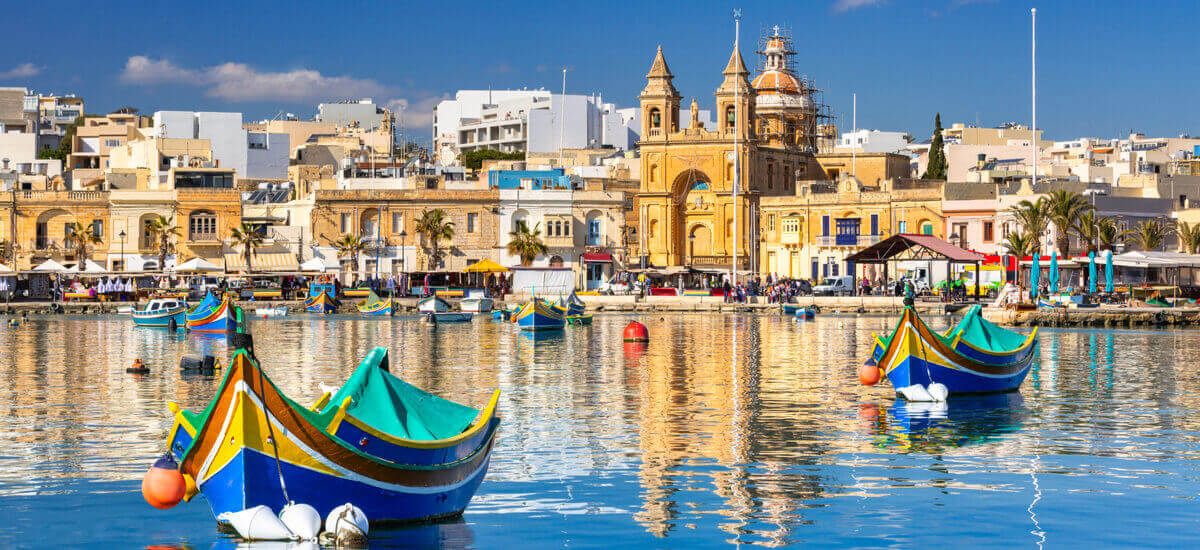Maximizing tax benefits is a crucial aspect of financial planning, particularly for individuals with assets or income from abroad. When it comes to navigating the complex world of taxes, especially for expats, having a tax advisor is essential. In Malta, where residency schemes with tax incentives and a straightforward tax system exist, the role of a tax advisor becomes even more significant. Whether it is choosing a residence permit option, structuring corporate entities, or handling investment payouts, a tax advisor can provide invaluable guidance. This article aims to explore the process of choosing the right tax advisor in Malta, considering factors such as expertise, reputation, and compatibility. Through thorough research and planning, individuals can find a tax advisor who can help them maximize tax benefits and ensure financial freedom.
Key Takeaways
- Tax advisors in Malta can provide assistance with residency programs and double-tax treaties, helping individuals navigate the complexities of taxes for expats or those with assets or income from abroad.
- Hiring a personal tax advisor in Malta early on is recommended, as their expertise can help minimize tax liabilities and structure budgets to minimize tax exposure.
- Tax planning professionals in Malta can assist with choosing a residence permit option, structuring corporate entities, handling investment payouts, registering ships or yachts, and structuring property investments.
- It is important to coordinate personal and corporate tax planning in Malta to take advantage of tax refunds and avoid double taxing dividends.
Finding the Right Advisor
When it comes to maximizing tax benefits in Malta, finding the right tax advisor is crucial. The qualifications of a tax advisor should be carefully considered. Look for individuals or firms that have extensive knowledge and experience in Maltese tax laws and regulations. They should be well-versed in residency schemes, double-tax treaties, and other relevant topics. Additionally, it is important to inquire about their fees and pricing structure. Some tax advisors may charge a flat fee, while others may charge an hourly rate. It is advisable to request a detailed breakdown of their fees and any additional costs that may be incurred. By carefully evaluating the qualifications and fees of potential tax advisors, individuals can make an informed decision and choose the right advisor to help them maximize tax benefits in Malta.
Tax Incentives and Programs
Residency schemes and tax incentives in Malta attract individuals seeking favorable tax conditions and a straightforward tax system. Malta offers various residency programs, some of which are only available to EU citizens or citizens of EEA countries. These programs provide benefits such as reduced tax rates, exemptions on foreign income, and the possibility of becoming a tax resident in Malta. Understanding double tax treaties is crucial for expats and foreign investors, as it can have significant implications for their tax liabilities. Malta has a network of double tax treaties in place, which aim to avoid double taxation and provide relief for individuals and businesses. These treaties determine the allocation of taxing rights between Malta and other countries, ensuring that income is not taxed twice. Expats and foreign investors can benefit from these treaties by minimizing their tax liabilities and maximizing their tax benefits.
Choosing the Best Option
To make an informed decision, individuals should carefully evaluate the available options for optimizing their tax situation in Malta. When choosing a tax advisor, it is crucial to evaluate their expertise in tax planning and knowledge of the Maltese tax system. Look for advisors who have experience in dealing with international tax matters, residency programs, and double-tax treaties. Additionally, considering cost factors is important. While larger firms like KPMG, PwC, and Deloitte may offer a wide range of services, they often come with higher fees. On the other hand, smaller firms or individual consultants may provide more personalized attention at a lower cost. It is advisable to compare the services offered, reputation, and fees of different tax advisors in Malta to find the best fit for one’s specific needs and budget.
Frequently Asked Questions
Are there any specific tax incentives or programs in Malta for expats or individuals with assets or income from abroad?
There are specific tax incentives for expats in Malta, as well as tax benefits for individuals with offshore assets or income. These incentives and benefits are designed to attract foreign investment and encourage economic growth in Malta.
How can a tax advisor in Malta help with structuring corporate entities and handling investment payouts?
A tax advisor in Malta can assist with structuring corporate entities and handling investment payouts by providing tax planning strategies for high net worth individuals. For example, they can help optimize investment portfolios through effective tax planning techniques, such as utilizing tax-efficient investment vehicles and exploring tax incentives for specific industries. This can result in maximizing tax benefits and minimizing tax liabilities for clients.
Can a tax advisor in Malta assist with registering ships or yachts and structuring property investments?
A tax advisor in Malta can assist with registering yachts and structuring property investments. They provide guidance on the legal and financial aspects of these transactions, ensuring compliance with regulations and maximizing tax benefits.
What are some factors to consider when hiring a personal tax advisor in Malta?
Factors to consider when hiring a personal tax advisor in Malta include their expertise in residency programs, double-tax treaties, and tax planning. Tax advisors play a crucial role in maximizing tax benefits by assisting with choosing residence permits, structuring corporate entities, and minimizing tax liabilities.
Are there any specific tax benefits or considerations for married couples or parents in Malta?
Married couples in Malta can benefit from tax advantages such as the option to file taxes jointly or individually, and a separate tax rate table for parents. These considerations can be explored further with the assistance of a tax advisor.













